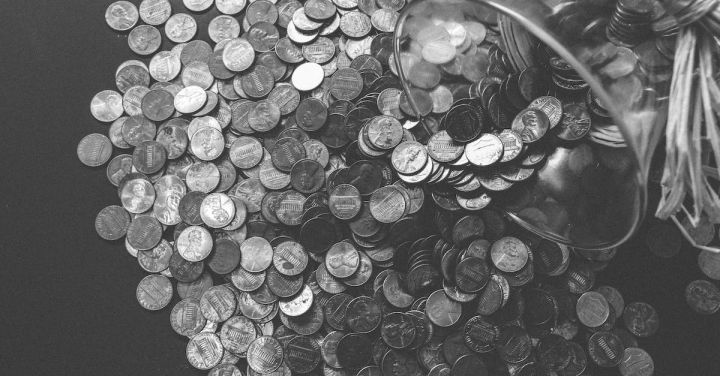Budgeting is often seen as a tedious task, a necessary evil that many people dread. However, when done right, budgeting can be a powerful tool that helps you take control of your finances and achieve your financial goals. One approach to budgeting that is gaining popularity is precision budgeting.
Precision budgeting is all about being meticulous and specific when it comes to tracking and allocating your money. It goes beyond simply categorizing your expenses and income; it involves closely examining your spending habits and making informed decisions based on that information.
The first step in precision budgeting is to gather all your financial information. This includes your income, bills, credit card statements, bank statements, and any other relevant documents. Take the time to organize and analyze this information. Look for patterns and trends in your spending and identify areas where you can cut back or make adjustments.
Once you have a clear picture of your financial situation, it’s time to create your budget. Start by setting realistic financial goals. What do you want to achieve in the short term and the long term? Whether it’s paying off debt, saving for a vacation, or investing for retirement, your goals will shape the way you allocate your money.
Next, break down your budget into specific categories. Instead of lumping all your expenses into broad categories like “food” or “entertainment,” try to be more precise. For example, instead of “food,” break it down into groceries, dining out, and coffee shops. This level of detail allows you to see exactly where your money is going and makes it easier to identify areas where you can cut back.
One of the key benefits of precision budgeting is that it helps you prioritize your spending. By allocating a specific amount of money to each category, you are forced to make choices and decide what is truly important to you. It encourages mindful spending and helps prevent impulse purchases.
Another advantage of precision budgeting is that it allows you to make adjustments as needed. Life is unpredictable, and unexpected expenses can arise. With a precision budget, you can easily reallocate funds from one category to another without throwing your entire budget off track.
Precision budgeting also enables you to track your progress towards your financial goals. By regularly reviewing your budget and comparing it to your actual spending, you can see if you are on track or if adjustments need to be made. This level of accountability can be motivating and help you stay focused on your goals.
In conclusion, precision budgeting is a powerful tool that can help you take control of your finances. By being meticulous and specific in tracking and allocating your money, you can make informed decisions, prioritize your spending, and track your progress towards your financial goals. While it may require some initial effort and discipline, the benefits far outweigh the drawbacks. So, why not give precision budgeting a try and see the power it can bring to your financial life?



